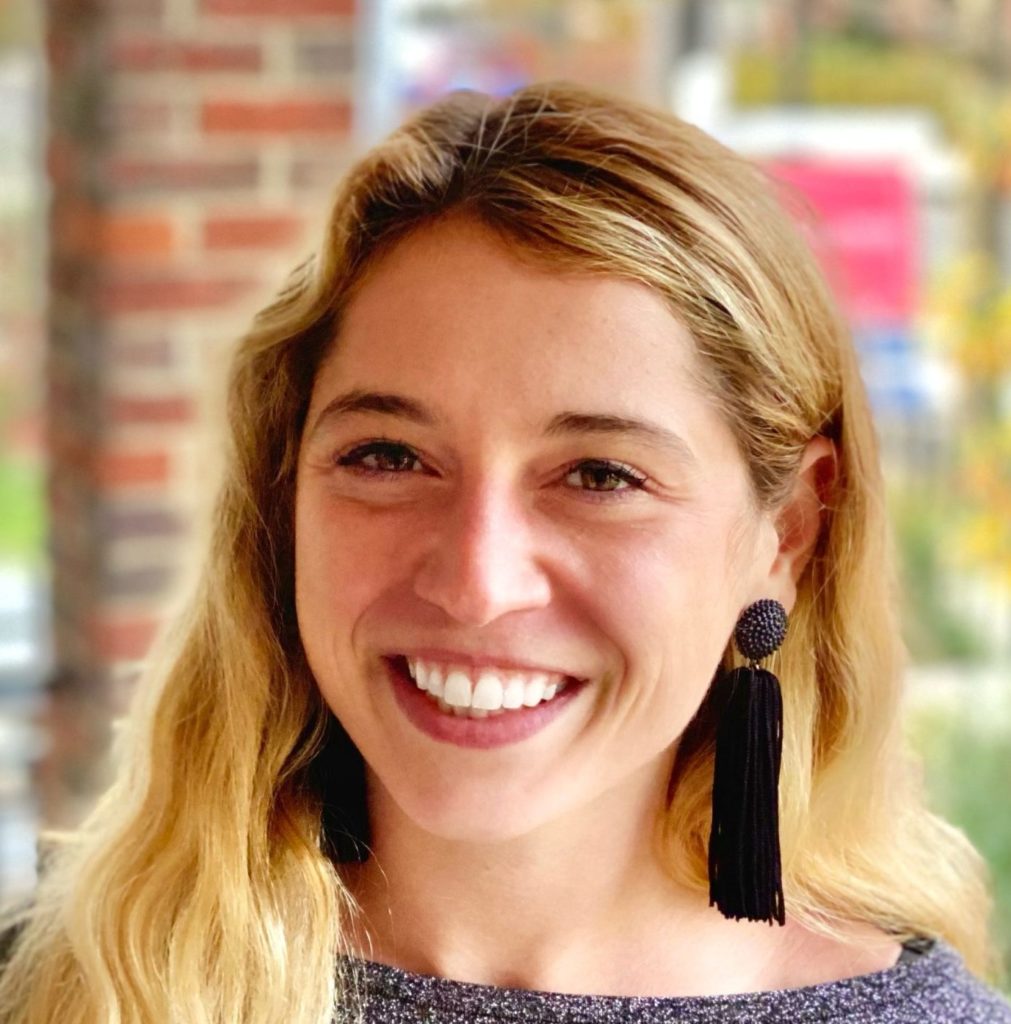LTC Rick Burns had no idea when he deployed with the U.S. Army — twice to Iraq and once to Afghanistan — that his life would be forever intertwined with those countries and their people. As an Army civil affairs officer, he spent long hours working with local civilians on projects as varied as medical clinics, schools, public works, and governance. This close association and the personal relationships built with people who were courageously committed to making their communities better and more secure affected him and inspired a desire to continue to support peace, stability, and humanitarian efforts in Iraq and Afghanistan after his time as a soldier came to an end.
While still deployed to Iraq in 2008, Rick facilitated a Sister Cities International partnership between Council Bluffs, Iowa and Karadah, a sub-district in Baghdad, Iraq. He now serves on the Council Bluffs Sister Cities board of directors and has facilitated two additional partnerships in Afghanistan with Herat and Kandahar. He now serves as the Sister Cities International country representative for Afghanistan and Iraq. In this role, he is working to strengthen and grow the partnerships between cities in the United States and Iraq and Afghanistan. “These partnerships are essential citizen diplomacy efforts,” Rick said, “to bring people together—it is a critical element in peace and stability efforts in war-torn and conflict-ridden areas of the world.”
Veteran-Led Aid
In 2010, Rick founded Karadah Project International to focus on the needs of the people of Afghanistan and Iraq. In a region known for its warm communities and friendly smiles, it’s no shock that among farming neighbors and rural friends that the Karadah Project has gained much of it support. It’s here in America’s heartland where people understand the importance of helping others in times of need. Local civic clubs, such as Rotary and Kiwanis, have great interest in supporting international projects. Among speaking opportunities, in 2019, the Naperville, IL Rotary Club invited Karadah Project to participate in its annual International Service Summit. Rick had the opportunity to participate on a panel with other nonprofits and talk about the work being done in Afghanistan and Iraq. These are also the communities that have given their sons and daughters to fight our wars in these faraway places.
During the ISIS occupation of Iraq, Karadah Project partnered with three other veteran-led organizations and an Iraq nonprofit to support thousands of Iraqis forced to flee their homes. These internally displaced people, most of them women and children, left behind all but the necessities they could carry on their backs. Far from family and community networks, displaced people find themselves alone in thrown-together camps with little hope.
More recently, Karadah Project has been focused on displacement camps in Herat, Afghanistan and Shindand District, an impoverished rural district south of Herat. Working with a local Afghan women-founded nonprofit, Women Education for Better Tomorrow, and Shindand Women Social Foundation, an organization run by a young doctor, the lives of poverty-stricken and displaced women and their children have been vastly improved. Goats and hens distributed to women in rural Shindand District have given them a sustainable means to support themselves—providing them with healthy food, increased family revenue, and a reproducible means of supporting themselves. A bathroom in a rural girls’ schools, where no facilities exist, gives hope that more girls will attend school regularly. In the displacement camps, women are given marketable skills, literacy instruction, gender-specific resources, business mentoring, and confidence. Some of their children attend a kindergarten created just for displaced Afghan children.
Rick is proud of Karadah Project’s accomplishments over the past few years, but insists it has only happened with the support of active and committed partners. “The combined efforts of our implementing partners on the ground—Iraq Health Access Organization, Shindand Women Social Foundation, Women Education for Better Tomorrow, and others—the UN World Food Program, Sesame Street-Afghanistan, Sister Cities International, local and regional government agencies, and other networked friends and organizations have made it possible for people to change their lives in amazing ways.” These partnerships have expanded capacity, brought new perspectives, and improved the quality of projects. Most critical has been the courage, enthusiasm, and willingness of people to invest in their own future. Given needed resources women and children are improving their lives and moving toward greater self-sufficiency.
Complex problems require multi-disciplinary partnerships
There are currently over 80 million forcibly displaced people in the world, a historic high and climbing. Of that number, 45.7 million are internally displaced people. These are those who are most at risk of becoming part of the 26.3 million refugees—those we see crossing international borders. Our security is inextricably tied to the security and stability of unstable areas of the world.
With the concerted efforts of partners on the ground, donors, and networked organizations, Karadah Project is impacting the lives of some of the most vulnerable people in the world. It is a winning solution in a world where complex and tangled problems require multi-disciplinary efforts. It is the only way solutions to complex problems can be found.
LTC (retired) Rick Burns, President of Karadah Project International is a Kansas Advisory Committee member of the U.S. Global Leader Coalition.

